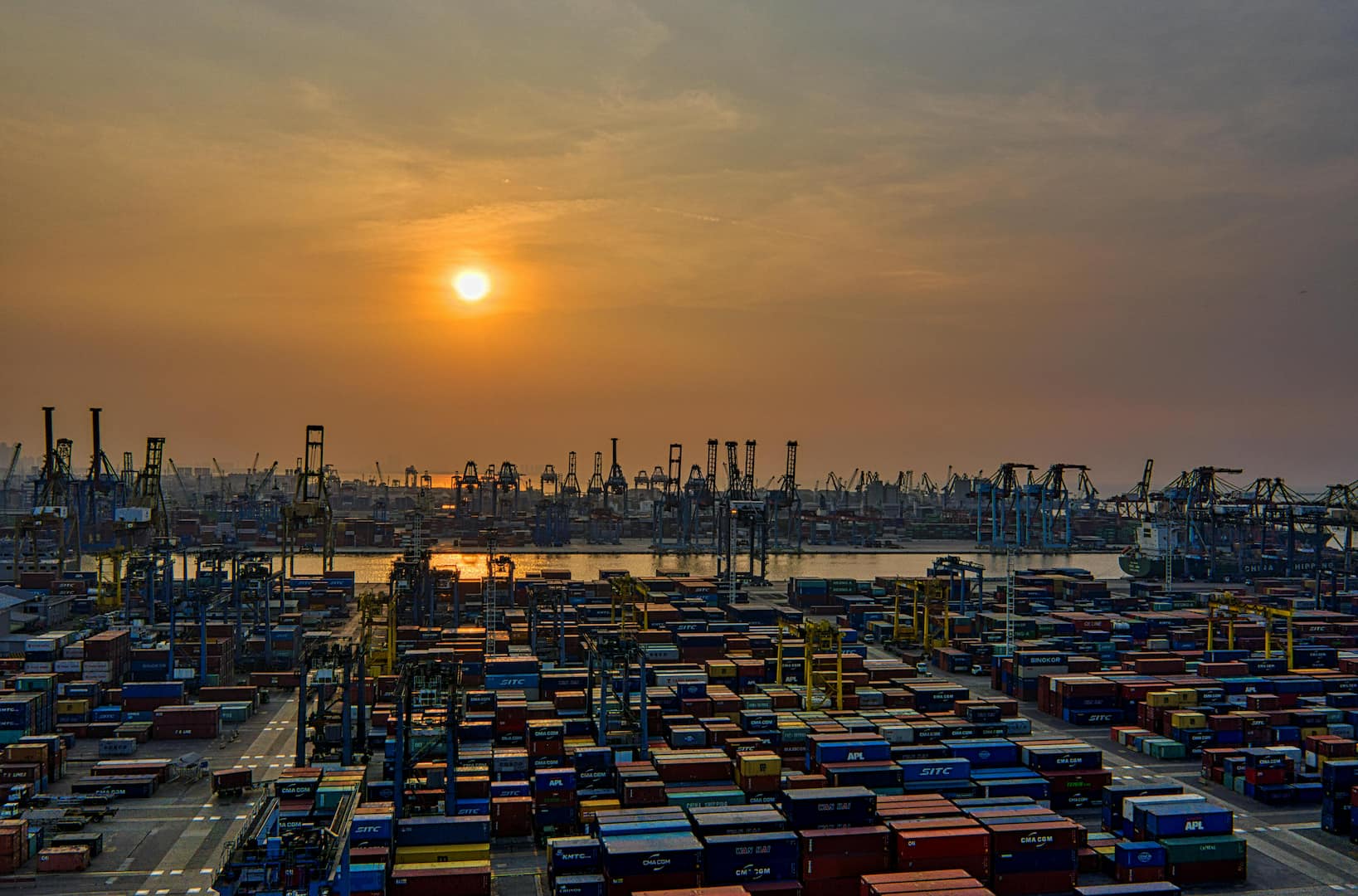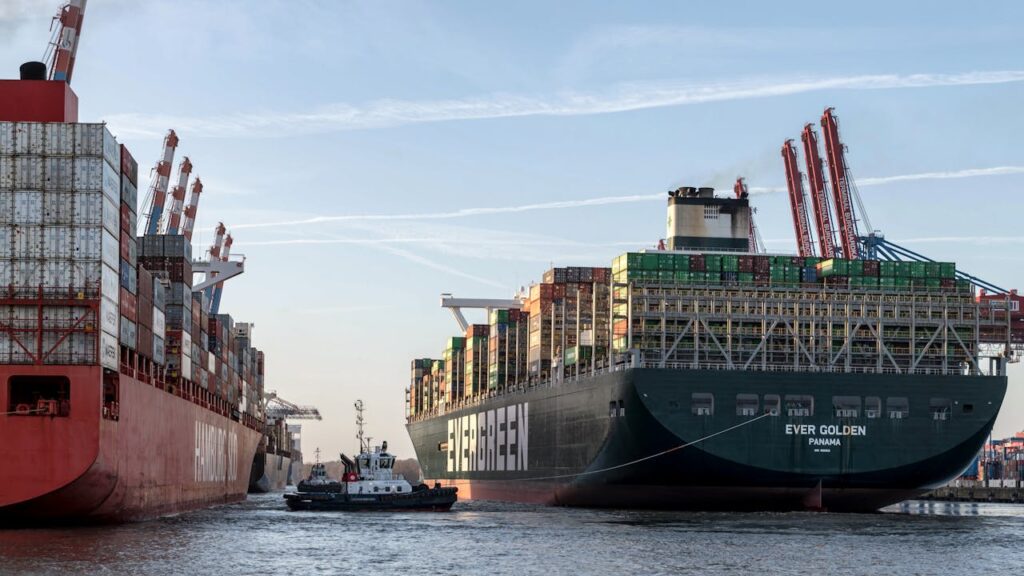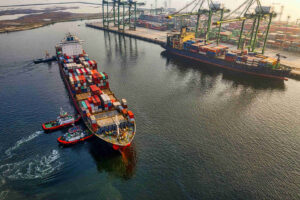
In the world of logistics and shipping, unforeseen events like accidents, theft, or natural disasters can jeopardize the safety of your cargo. Cargo insurance offers a safety net, protecting your shipments from potential financial losses and mitigating the financial risks associated with loss or damage to cargo during transportation.
In this article, we’ll explore what cargo insurance is, its types, benefits, and why it’s essential for businesses involved in logistics and international trade.
Understanding Cargo Insurance
Cargo insurance is a policy designed to provide financial protection for businesses against the loss or damage of goods while they are being transported by land, sea, air or rail. This type of shipment insurance covers a variety of scenarios, including theft, damage due to accidents, natural disasters, and other unforeseen events that may occur during transit. Think of it as a protective shield that surrounds your shipment from the moment it leaves the warehouse until it reaches its final destination.

Types of Cargo Insurance Coverage
There are several types of cargo insurance coverage available for the logistics and shipping industry, including:
1. All-Risk Coverage
This is the most comprehensive cargo insurance option, covering a wide range of potential risks, including theft, loss, damage, or natural disasters unless specifically excluded. While more expensive, it offers the broadest protection for your cargo.
2. Named Perils Coverage
This type of coverage covers only the risks explicitly listed in the policy, such as fire, theft, or collision making it a more economical choice for businesses with well-understood shipping risks.
3. General Average Coverage
This applies when cargo is sacrificed to save the ship or other cargo in an emergency situation.
4. Marine Cargo Insurance
Marine cargo insurance is specifically designed for goods transported by sea freight, covering risks associated with maritime shipping. The coverage includes hull insurance, cargo Insurance and liability insurance. The scope is comprehensive, covering not just the cargo but also the ship and other marine-related risks like piracy or natural disasters.
In summary, cargo insurance is a subset of marine insurance. While cargo insurance focuses solely on the goods being transported, marine insurance has a wider scope, covering other aspects of maritime operations.
5. Open Cover Insurance
This type provides continuous coverage for multiple shipments over a specified period. It’s particularly beneficial for businesses that ship goods regularly, as they don’t need to arrange new insurance for each shipment.
6. Single Shipment Insurance
Also known as specific cargo insurance, this coverage applies to one-time shipments or occasional transportation needs. It’s ideal for businesses with irregular shipping patterns or unique cargo requirements.
7. Land Cargo Insurance
Protects goods transported via road such as cross-border trucking or rail within a specific country or region.
Benefits of Cargo and Freight Insurance for Businesses
Is freight insurance worth it? Investing in cargo and freight insurance offers numerous benefits for businesses engaged in shipping logistics:
- Financial Protection: It safeguards against significant financial losses due to damaged or lost goods against unforeseen expenses like cleanup costs or legal fees resulting from shipping incidents.
- Business Continuity: Knowing that your cargo is insured allows businesses to operate with greater confidence. When shipments are lost or damaged, insurance helps maintain cash flow by providing quick compensation, allowing businesses to recover and fulfill their obligations to customers.
- Professional Reputation: Companies that prioritize risk management can enhance their reputation in the market as it shows professionalism and builds trusts amongst customers and partners as their goods are insured.
- Compliance with Contracts: Many contracts require proof of cargo insurance, making it essential for compliance and securing business deals.
- Trade Confidence: Having cargo insured encourages businesses to expand globally without fear of financial losses.

Common Risks Covered by Cargo Insurance
Cargo insurance shields businesses over the risks of:
- Theft or burglary
- Damage from accidents (e.g., collisions)
- Natural disasters (e.g., floods, storms and earthquakes)
- Fire or explosion
- Handling errors during loading and unloading
- Delay risk as certain policies cover losses caused by delays in transit
- Temperature deviation for temperature-sensitive goods when cooling systems fail or malfunction
How Cargo Insurance Works
- When a business purchases cargo insurance, they pay a premium based on factors such as the value of the goods, type of coverage selected, and the mode of transport.
- The insurer evaluates the shipment details, including route, value, mode of transport, type of cargo or packaging methods.
- In the event of a loss or damage claim, the insured party must provide documentation (like shipping receipts and photographs) to support their claim.
- The insurer then assesses the claim and compensates the business according to the terms outlined in the policy.
Key Factors to Consider When Choosing Cargo Insurance
When selecting cargo or marine insurance, businesses should consider:
- Coverage Scope: Ensure that the policy covers the full value of your goods based on your shipment type.
- Mode of Transport: Different modes (air freight, sea, road) have varying risks, so choose coverage accordingly.
- Exclusions: Be aware of what is not covered under the policy to avoid surprises during claims.
- Type and Value of Goods: Certain items may require specialized coverage due to the nature of goods and cargo (e.g., perishables or high-value items).
- Shipping Routes: Assess risks associated with specific routes or regions where goods will be transported.
- Insurer Reputation: Choose a reputable insurer or a trusted freight forwarder agent known for prompt claim processing and customer service.
Importance of Cargo Insurance in International Shipping
In international shipping, cargo insurance becomes even more critical due to increased risks associated with multiple stakeholders, longer transit times, multiple modes of transportation, and heightening risks such as piracy or regulatory delays. Different countries have varying regulations and standards for shipping; thus, having robust cargo insurance can protect businesses from potential financial pitfalls caused by international logistics complexities.
Cargo insurance becomes indispensable, offering:
- Protection Across Borders: Covers goods through various customs and legal jurisdictions.
- Risk Mitigation: Reduces exposure to financial loss in high-risk trade lanes.
- Compliance with Trade Agreements: Many Incoterms require specific insurance coverage, ensuring smooth transactions.
Key Fact: Marine and cargo insurance doesn’t cover demurrage charges as it’s a penalty for delaying operations and it’s a predictable risk.
Partner with GTL for Your Cargo Insurance Needs
In logistics and shipping, cargo insurance is not just an optional safeguard but a necessity for businesses aiming to protect their goods and financial interests. It offers peace of mind, financial security, and the confidence to engage in domestic and international trade.
If you’re looking for comprehensive marine and cargo insurance service in Malaysia, reach out to GTL. Our expertise in risk assessment and claims management ensures your cargo receives the protection it deserves.




